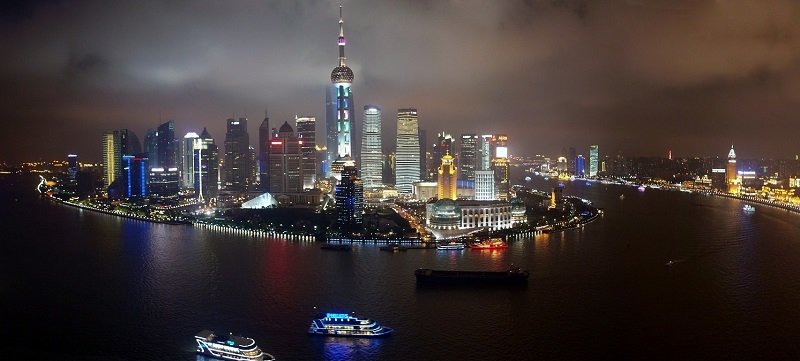IASO Biotherapeutics bagged a hefty $108 million to fuel a teeming pipeline of cell therapies and antibodies for cancer and autoimmune disease. The series C round brings the company’s total raised to more than $178 million.
The funding will bankroll the global development and regulatory filings for multiple cell therapies, including IASO’s lead candidate, an anti-BCMA CAR-T therapy for the treatment of multiple myeloma. The program, known as CT103A, is in pivotal studies with an NDA n on the horizon, said Wen (Maxwell) Wang, M.D., Ph.D., CEO and chief medical officer of IASO, in a statement.
CT103A aims for the same target as several other multiple myeloma treatments, including a pair of approved therapies: Abecma, a CAR-T therapy from Bristol Myers Squibb and bluebird bio, and Blenrep, an antibody-drug conjugate developed by GlaxoSmithKline. Following behind in the clinic are prospects from tandem Johnson & Johnson-Legend Biotech and Allogene Therapeutics.
IASO’s second candidate is a CAR-T that targets CD19 and CD22 and is in phase 1 for the treatment of B-cell non-Hodgkin lymphoma and B-cell acute lymphoblastic leukemia. And its next program, a CAR-T targeting CD5, is in preclinical development for B-cell blood cancers.
All three are autologous CAR-T therapies, meaning they’re based on a patient’s own T cells, but the company is also pursuing allogeneic treatments, which are based on donor cells.
Allogeneic, or “off-the-shelf,” approaches are widely viewed as the future of cell therapy. Because they can be made in advance and stored, they could help widen access to cell therapy in more ways than one.
To make autologous treatments, cells must be taken out of patients, modified to fight cancer and then put back into the patient in a complex and time-consuming process. Some patients don’t have enough time to wait for a bespoke treatment, while others don’t have enough T cells, or T cells of good enough quality, to make those treatments. Some patients don’t live close enough to a treatment center to benefit from cell therapy.
Beyond pushing its programs into and through the clinic, the funds will allow IASO to broaden its pipeline, adding more allogeneic treatments and other cell therapies for solid tumors.
CDH Baifu, CCB International, Everbright, Co-Stone Capital, CNCB Capital, Plaisance Capital and GL Ventures pitched into the series C.

